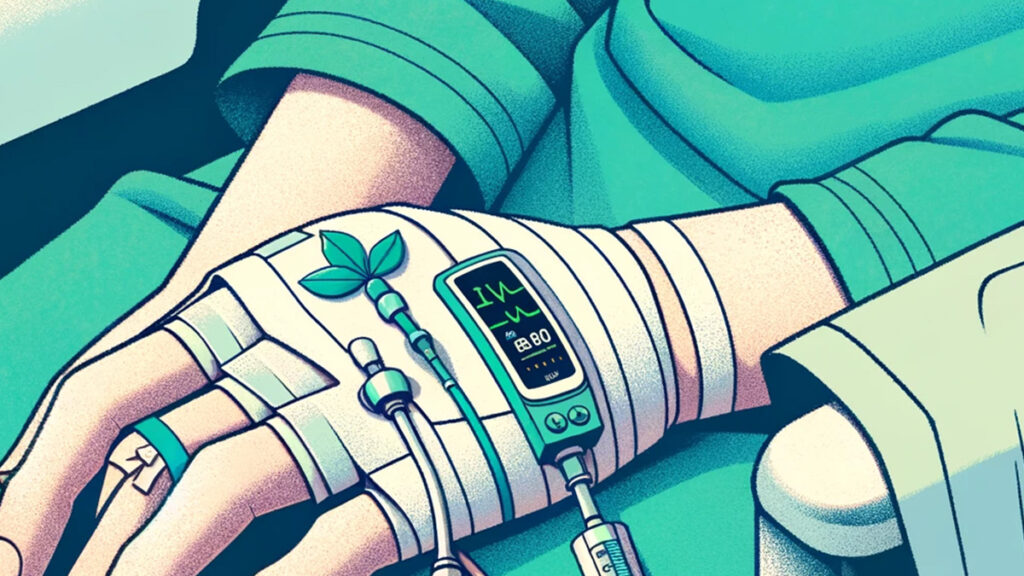Accidents are unpredictable events that can turn a carefree vacation into a stressful ordeal.
Whether it’s a minor mishap or a more serious emergency, knowing how to effectively manage and respond to these situations is crucial for any traveler. Preparedness is key; comprehensive knowledge of first aid, having emergency contacts at the ready, understanding travel insurance particulars, and being familiar with the healthcare system of your destination can make a significant difference in handling unforeseen incidents efficiently and calmly. This section provides in-depth insights and practical advice on navigating the complexities of accidents away from home, ensuring safety remains a top priority even when relishing the thrills of new experiences and environments.
Immediate Actions Following an Accident
When an accident occurs, swift and decisive action is imperative. Assess the situation for immediate dangers and prioritize safety. If medical attention is required, contact local emergency services or seek help from bystanders if available. Keep a calm demeanor and use your first aid training to administer basic care if necessary. It’s also crucial to document the incident thoroughly – take photos, gather witness statements if present, and write down your own account of the event. This information can be invaluable for insurance claims, legal matters, or medical follow-up. Remember, the steps you take immediately following an accident can significantly influence the outcome of the situation.
If the accident involves a vehicle, be sure to report it to local authorities and your car rental company if applicable. Understand any procedures or forms that need to be completed in case of an accident before embarking on your trip.
Selecting the Right Lawyer
Choosing the right lawyer after a vehicle mishap can significantly influence the resolution of any potential legal issues or insurance claims. A competent car accident lawyer should offer expertise in navigating the complex legal landscape, ensuring your rights are protected and you receive fair compensation for damages and injuries. Look for an attorney with a proven track record in car accident cases and one who communicates clearly about the process and potential outcomes. Remember, finding the right car accident lawyer is not just about litigation but also about guiding you through the intricacies of the legal system with diligence and understanding, which is invaluable during a stressful time when traveling. On the other hand, if you are at fault for the accident, it’s essential to seek legal advice to protect your rights and ensure you’re not taken advantage of by insurance companies or other parties involved.
Staying Safe on the Road

One of the most common types of accidents while traveling is car accidents. To minimize risk and potential injuries, always prioritize safety while driving. Familiarize yourself with local traffic laws and regulations, stick to designated routes, and avoid driving at night if possible. Ensure your vehicle is well-maintained, and always wear a seatbelt. If renting a car, consider purchasing additional insurance coverage for added protection.
Perhaps one of the most important ways to stay safe on the road is by being a defensive driver. Pay attention to your surroundings, practice defensive driving techniques, and remain alert at all times. Avoid distractions like texting or eating while driving, and never drive under the influence of drugs or alcohol. Those few seconds of distraction or impairment could lead to a life-altering accident.
Coping with Accidents Abroad: Language and Cultural Barriers
When traveling abroad, an accident can become even more daunting if language and cultural barriers are at play. To mitigate these challenges, it’s advisable to learn basic medical terminology and phrases in the local language or have a translation app readily available on your mobile device. Additionally, carrying a phrasebook or having key sentences written on a card can be particularly helpful. Understanding cultural norms and etiquette, especially in medical or legal contexts, can also prevent misunderstandings and ensure that your interactions go as smoothly as possible. In more remote destinations or where English is not widely spoken, consider the services of a local guide or interpreter as part of your travel planning.
Travel Insurance
It is imperative that travelers fully understand their travel insurance policy before setting out on their journey. Knowing the extent of your coverage, what incidents are included or excluded, the process of filing a claim, and what documentation is needed can save you a lot of trouble in the event of an accident. It’s essential to have clear information on different aspects of the policy such as emergency evacuation, repatriation, and coverage for hospital stays or medical procedures. Do not hesitate to ask your insurance provider for clarification on any unclear points before your trip. In the case of an accident, contacting your insurance provider as soon as possible is crucial, so keep their contact information within easy reach at all times. Some countries may require proof of insurance when seeking medical treatment, so it’s advisable to have a copy of your policy or insurance card readily available.
Handling Health Emergencies in Different Climates

Traveling exposes you to a wide range of climates, each presenting unique health challenges and potential emergencies. In tropical destinations, heatstroke and dehydration are common risks, so it’s important to stay hydrated and avoid excessive exposure to the sun, particularly during peak hours. Conversely, in cold climates, hypothermia and frostbite can occur if you’re not properly clothed and insulated. Be aware of the symptoms and initial treatments for these conditions, and seek medical care immediately if you or your travel companions experience any severe symptoms. Carrying a climate-appropriate first-aid kit and educating yourself on basic remedies can be life-saving measures when professional help is not immediately available.
Protecting Your Belongings During Accidents
In the unfortunate event of an accident, safeguarding your belongings is an often overlooked but vital step. Develop a habit of carrying essential items in a secure fashion, such as using a money belt or a theft-proof backpack. In case you’re involved in an accident, having identification, important documents, and valuables like your passport and credit cards on your person, and not in a separate or unattended bag, can prevent additional stress and complications. Additionally, utilizing hotel safes and not leaving items of value in a rental car can protect against loss or theft in the aftermath of an accident. It’s also beneficial to back up important documents electronically in secure cloud storage or on a password-protected USB drive as a precautionary backup.
Every traveler hopes for a journey free from misfortune, but the reality is that accidents can and do happen. Equipping yourself with the knowledge to prevent, manage, and respond to these unexpected events is a responsible and necessary part of travel preparation. Taking proactive steps such as understanding local customs, securing adequate travel insurance, learning defensive driving, and being prepared for health emergencies in various climates can all contribute to a safer travel experience. Above all, it’s the mindfulness about your surroundings, informed preparedness, and the ability to act decisively and calmly in the face of adversity that will be your greatest assets, ensuring that even when accidents occur, they don’t define your journey.
